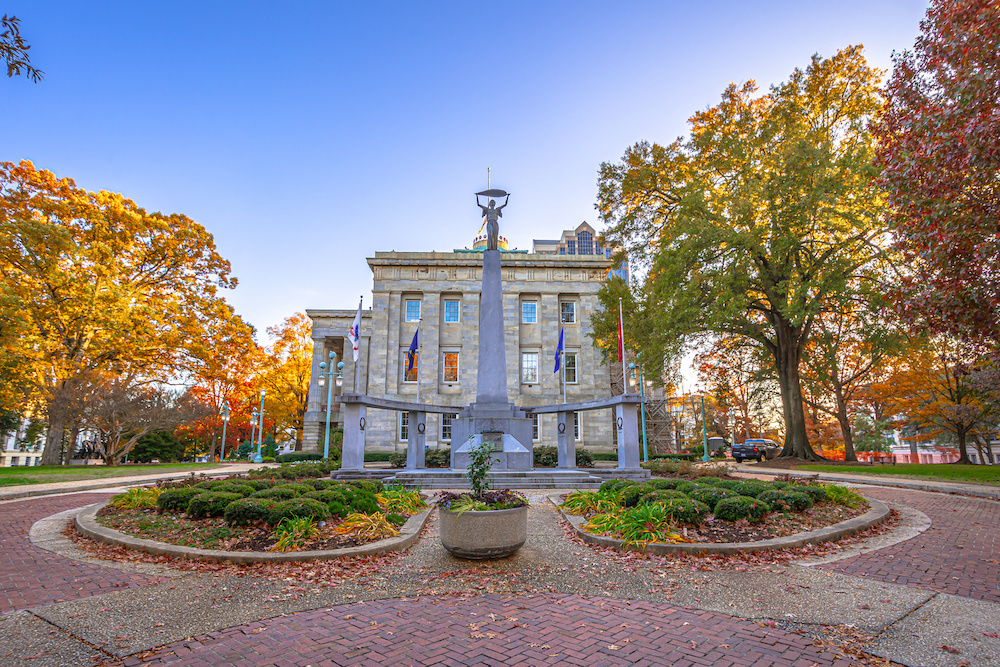The North Carolina Legislature convened its 2024 Legislative Short Session on April 24, which runs through late July. Legislative leaders claim this session will be concluded by 1 July due to election season approaching and all 170 legislative seats on the ballot.
With a robust tax revenue surplus projected through mid-2025, legislative leaders have plenty to work with while crafting the next state budget. Governor Roy Cooper’s recommended spending plan is $3.6 billion higher than the $30.9 billion currently earmarked for the two-year cycle, setting the stage for a potential clash between the Democratic governor and the Republican-controlled General Assembly.
Some issues that lawmakers will likely consider include:
Marijuana and CBD Policy
State lawmakers will again consider a flurry of proposals regarding marijuana and CBD. While the Senate has passed medical marijuana legislation with broad bipartisan support for two consecutive years, the House has refused to budge. Conversely, efforts to regulate CBD and hemp products, such as Delta 9, have seen movement in the House but have yet to advance in the Senate. Negotiations during this session might finally bridge these gaps and move a solution forward on this contentious subject.
Taxes
Gov. Cooper and legislative leaders are at odds about potential tax cuts. The governor wants to maintain the current income tax rate for high-wage earners and the corporate tax rate. Meanwhile, GOP leadership is advocating for an income tax cut and gradually decreasing the corporate tax rate from 2.5% to 2.5% in the coming year and eventually zero in 2030. The latter will likely win out as they have a veto-proof majority.
School Choice and Teacher Pay
Last year, lawmakers expanded eligibility and funding for the Opportunity Scholarship Program. GOP leaders have proposed an additional $300 million to support the steep increase in application submissions, while Gov. Cooper wants to halt the program’s expansion. Instead, the governor wants to give teachers an 8.5% raise, which may garner some bipartisan support.
Child Care Funding
With federal pandemic aid expiring, the state faces potential widespread daycare closures unless lawmakers intervene. Gov. Cooper has proposed allotting $750 million to fill that gap, a measure supported by the business community but facing resistance from legislative leaders.
Immigration
According to recent polls, immigration remains a top issue on voters’ minds. Gov. Cooper previously vetoed legislation that would have required local sheriffs to cooperate with federal immigration authorities if they couldn’t determine the legal status of people charged with certain offenses. With Republicans holding a veto-proof supermajority, such a proposal may return in 2024.
NCDHHS Continues to Delay Filing for the 2024 Healthcare Access and Stabilization Program
Annual submission of the Healthcare Access and Stabilization Program (HASP) plan to the Centers for Medicare & Medicaid Services (CMS) remains stalled. Hospitals submitted a draft plan in March, but the Division of Health Benefits has delayed filing it. Department of Health and Human Services Secretary Kody Kinsley introduced a significant precondition for moving forward that calls on hospitals to accept a retroactive debt waiver policy dating back to January 1, 2014. This condition reflects ongoing negotiations that could significantly impact financial frameworks and the management of health services in North Carolina.



